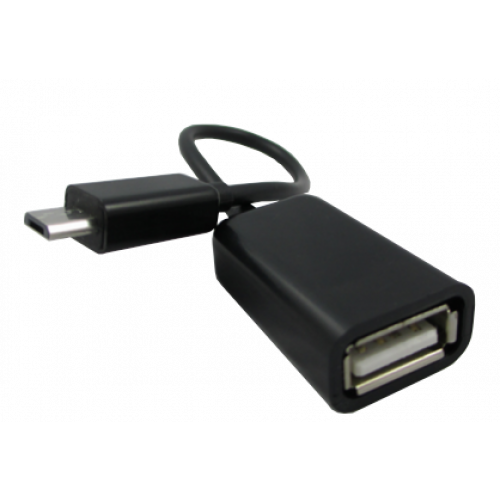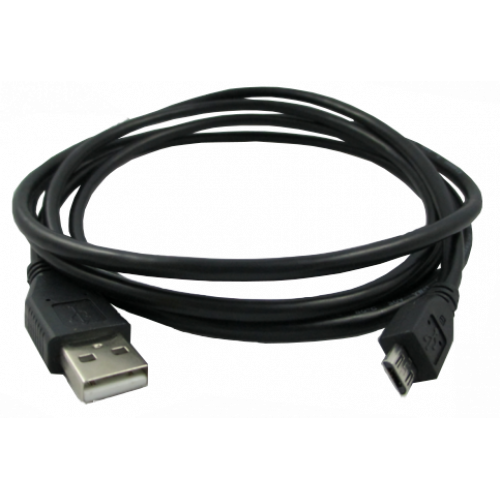| Version 3 (modified by , 8 years ago) ( diff ) |
|---|
USB On-The-Go (OTG)
USB On-The-Go, often abbreviated USB OTG or just OTG, is a specification that allows USB devices to act as either a host or a device. In host mode, you can connect a USB device (ie a flash stick/drive, phone, music player, keyboard, etc). In device mode, you can connect to a host (ie PC) and behave as a specific type of device.
The typical 4-pin USB signalling (D+, D-, VUSB, GND) is augmented with a 5th pin called 'ID' which floats to indicate device mode, and is grounded to indicate host mode. A dual-role controller will sense the state of the ID pin and select its mode taking care to provide VUSB when it is in host mode.
There are a variety of USB OTG connectors in both mini and micro form (micro is more popular today where-as mini USB connectors prevailed before 2010).
Many of the Gateworks Ventana product family single board computers all have a USB OTG micro-B connector allowing two types of cable connections:
- a micro-A Adapter allows connection to standard-A USB cables, coming from peripherals (ie phone, flash stick etc)
- a micro-B Adapter is more common and allows connection to standard-B USB cables, going to host controllers such as a PC
Product information can be found at http://www.gateworks.com
Host Mode
A Host mode cable allows connecting to a USB device. No special configuration is necessary for this.
Device Mode
A Device mode cable allows connection to a USB host such as a PC.
When used in this mode, the device (the Ventana board) needs to have a 'Gadget driver' loaded which impelemnts the personality of the device type you want.
For more information on Linux USB Gadget support see linux/OTG


